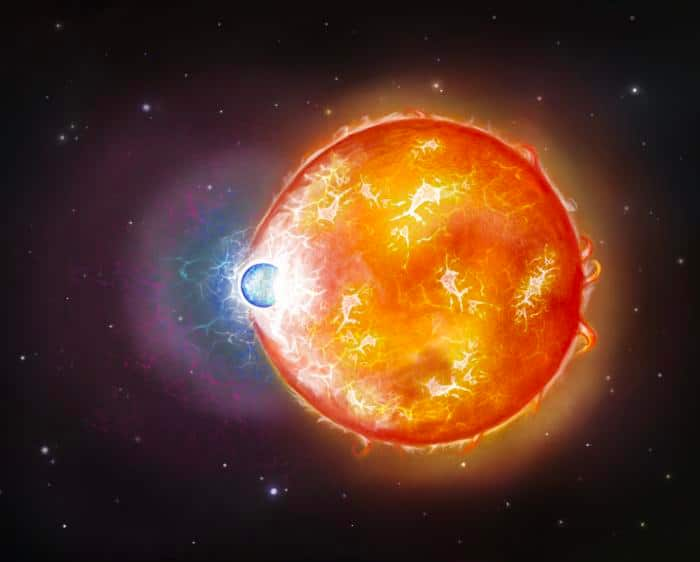Shocking Discovery: Your Brain's Secret Star Players May Hold the Key to Fighting Obesity!

What if I told you that the unsung heroes of your brain might be the key to tackling obesity and restoring cognitive function? A groundbreaking study reveals that astrocytes, those neglected star-shaped brain cells, play a pivotal role in how our brains process energy and learn.
Researchers from CNRS and Université Paris Cité explored this fascinating connection using a mix of ex vivo and in vivo techniques on rodents. They combined chemogenetic methods, brain imaging, and cognitive behavior tests to unlock the secrets of astrocytes. The results? Astounding! These findings not only shed light on how obesity affects brain function but also suggest that manipulating astrocytes could potentially reverse cognitive impairments linked to weight gain.
Astrocytes, which reside in the striatum – a brain region crucial for experiencing pleasure from food – have long been overshadowed by attention on neurons. However, this recent study indicates that a high-fat diet alters both the structure and function of these cells, leading to a decrease in their ability to support cognitive tasks like relearning. This connection is vital because many obese individuals report a diminished pleasure response to food, a phenomenon echoed in studies with obese mice.
What's even more intriguing is that by adjusting astrocyte activity in living mice, scientists could influence metabolism and improve cognitive abilities. This breakthrough opens up exciting new pathways for research aimed at understanding the complex relationship between energy metabolism and brain function. Published in the esteemed journal Nature Communications, these findings pave the way for future studies to pinpoint the exact mechanisms at play.
Imagine a future where we can harness the power of our own brain cells to combat obesity – it’s not just science fiction anymore!
























